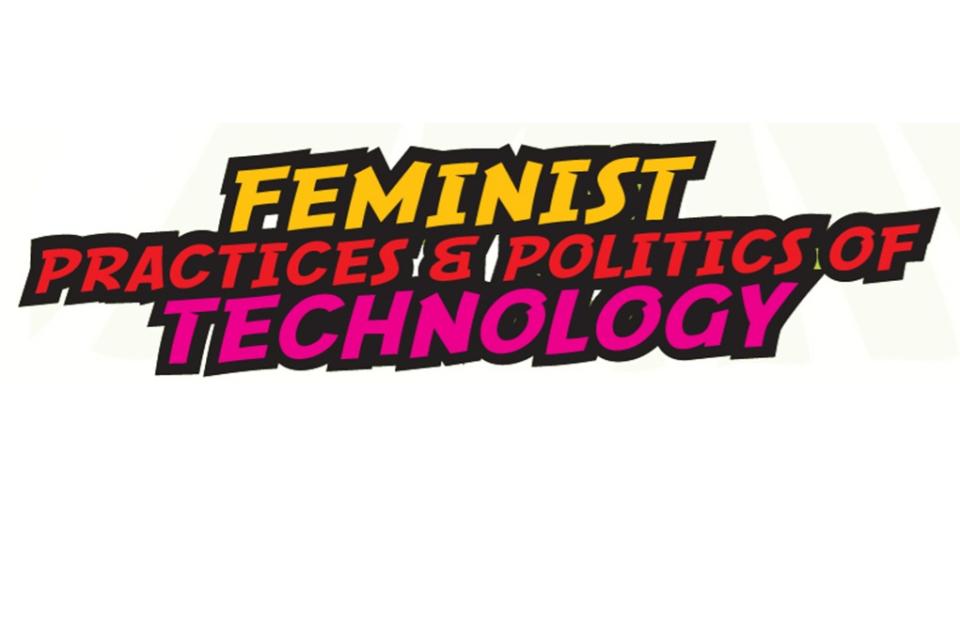
Many of our public spaces have been designed predominantly by men, and this includes online spaces. But many women have also led the way – creating innovative tools, connecting us to digital spaces and speaking out when we’re not included. Celebrate the techies, developers and innovators who have inspired with their persistence, resilience and creativity. Rewrite women and grrls into the story! Keep women from being forgotten. Write women back into the tech story.
Check out these videos of Jac sm Kee introducing these women's stories and contributions to technology during the Global Meeting on Gender, Sexuality and Technology in April 2014.
Ada Lovelace: She was an English mathematician and writer chiefly known for her work on Charles Babbage's early mechanical general-purpose computer, the Analytical Engine. Her notes on the engine include what is recognised as the first algorithm intended to be carried out by a machine. Because of this, she is often described as the world's first computer programmer.
Hedy Lamarr: Austrian actress and inventor, her most significant technological contribution was her co-invention, together with composer George Antheil, of an early technique for spread spectrum communications and frequency hopping, which paved the way for today's wireless communications. Upon its invention in 1941, this technology was deemed so vital to national defense that government officials would not allow publication of its details.
Kamla Devi: From Shironj, Ajmer, was the first woman from Rajasthan to graduate from Barefoot College as a solar engineer, and trained countless illiterate women to use solar panels in Indian villages where they did not have access to electricity. She also teaches at the college, which was set up in 1972 to teach new skills to people living in rural areas.
Donna Haraway: In 1985, sociologist Haraway published 'A Cyborg Manifesto: Science, Technology and Socialist-Feminism in the Late Twentieth Century' – a seminal text that spoke about how rather than living on the edges of a privileged hierarchy that excludes them, women are deeply entrenched, exploited by, and complicit in networked systems of power. Haraway, a prominent scholar in the field of science and technology studies, was described in the early 1990s as a "Postgenderist, rather loosely a neo-Marxist and a postmodernist".
Maria Suarez Toro: She is a feminist, journalist and human rights activist in local, national, regional and international arenas through her work as co-director of FIRE: Feminist International Radio Endeavour since its foundation in 1991 and the present. She also worked as a literacy teacher at the grassroots level in El Salvador, Costa Rica, Nicaragua and Honduras in the 1970s and 1980s.
Alan Turing: Was a British mathematician, logician, cryptanalyst, computer scientist and philosopher. He was highly influential in the development of computer science, providing a formalisation of the concepts of "algorithm" and "computation" with the Turing machine, which can be considered a model of a general purpose computer. Turing was prosecuted for homosexuality in 1952, when such acts were still criminalised in the UK and he accepted treatment with female hormones (chemical castration) as an alternative to prison. Turing died in 1954.
Check out this timeline, which is part of the Global Information Society Watch 2013 edition on “Women´s rights, gender and ICTs”. It is one of our contributions to celebrate women´s achievements and give proper recognition to all their hard work.
- 9454 views






Add new comment